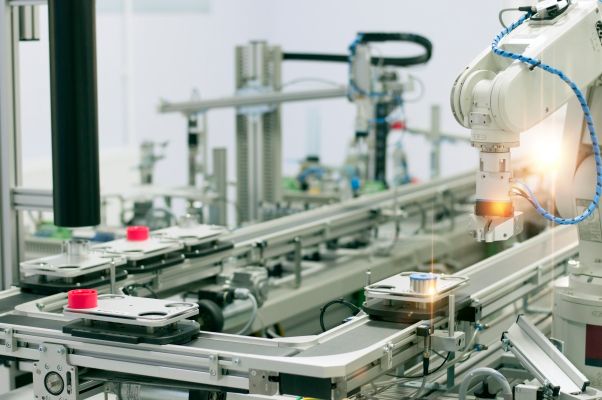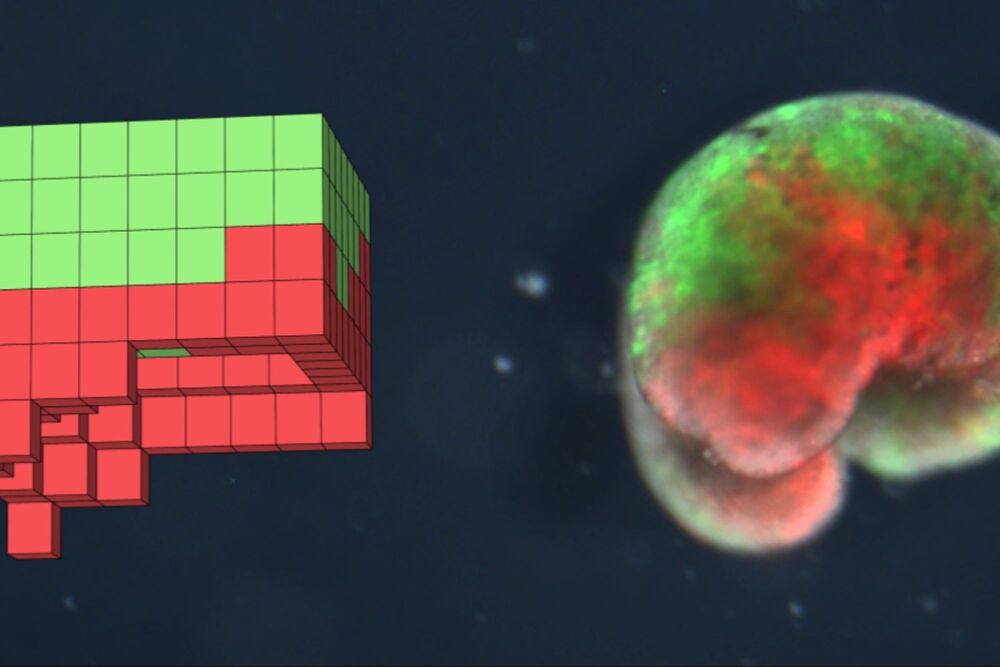If you walk down the street shouting out the names of every object you see — garbage truck! bicyclist! sycamore tree! — most people would not conclude you are smart. But if you go through an obstacle course, and you show them how to navigate a series of challenges to get to the end unscathed, they would.
Most machine learning algorithms are shouting names in the street. They perform perceptive tasks that a person can do in under a second. But another kind of AI — deep reinforcement learning — is strategic. It learns how to take a series of actions in order to reach a goal. That’s powerful and smart — and it’s going to change a lot of industries.
Two industries on the cusp of AI transformations are manufacturing and supply chain. The ways we make and ship stuff are heavily dependent on groups of machines working together, and the efficiency and resiliency of those machines are the foundation of our economy and society. Without them, we can’t buy the basics we need to live and work.









